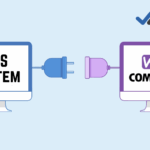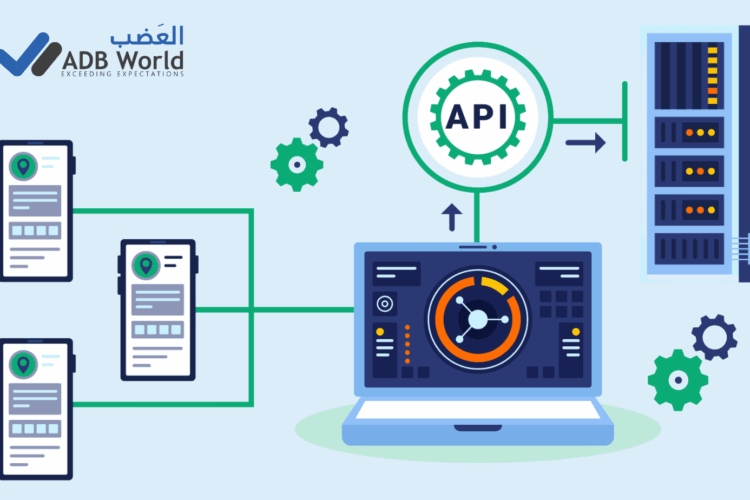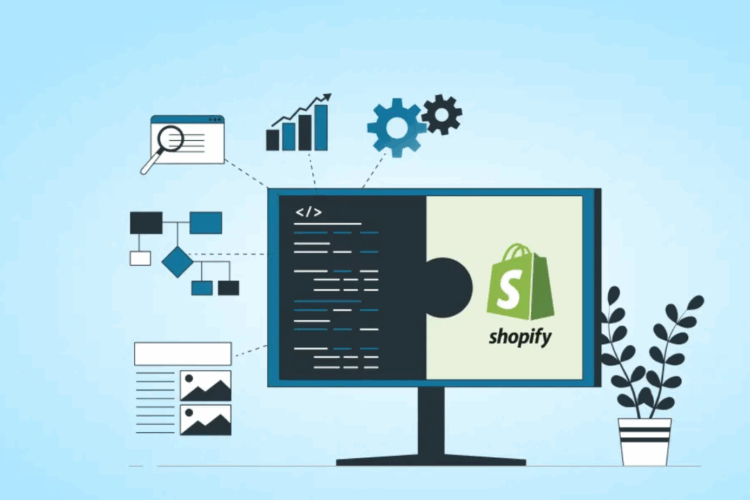The Zakat, Tax, and Customs Authority (ZATCA) has announced the criteria for the 14th wave of the Integration Phase of e-invoicing, targeting all taxpayers with VAT-subject revenues exceeding SAR 5 million during 2022 or 2023.
These businesses are required to integrate their e-invoicing solutions with the Fatoora portal starting February 1, 2025. This integration is part of ZATCA’s ongoing efforts to streamline tax compliance and enhance digital invoicing capabilities across Saudi Arabia. The Integration Phase introduces additional requirements compared to Phase One. Key requirements for Phase Two include:
- Integration of e-invoicing solutions with ZATCA’s Fatoora platform
- Issuance of e-invoices in a specified format
- Inclusion of additional fields in invoices
ZATCA will communicate Phase Two requirements to applicable businesses at least six months prior to the integration date.
The announced waves under phase 2 are as follows:
Wave 1: VAT-registered businesses in KSA with a turnover of more than SAR 3 billion in 2021 must integrate with Fatoora from January 1, 2023.
Wave 2: KSA VAT-registered businesses with a turnover between SAR 500 million and SAR 3 billion in 2021 must integrate starting July 1, 2023.
Wave 3: KSA VAT-registered businesses with a turnover between SAR 250 million and SAR 500 million in 2021 or 2022 must integrate from October 1, 2023.
Wave 4: Saudi VAT-registered businesses with a turnover between SAR 150 million and SAR 250 million in 2021 or 2022 must integrate starting November 1, 2023.
Wave 5: VAT-registered businesses in KSA with a turnover between SAR 100 million and SAR 150 million in 2021 or 2022 must integrate from December 1, 2023.
Wave 6: Saudi VAT-registered businesses with a turnover between SAR 70 million and SAR 100 million in 2021 or 2022 must integrate by January 1, 2024.
Wave 7: KSA VAT-registered businesses with a turnover between SAR 50 million and SAR 70 million in 2021 or 2022 must integrate by February 1, 2024.
Wave 8: Saudi VAT-registered businesses with a turnover between SAR 40 million and SAR 50 million in 2021 or 2022 must integrate by March 1, 2024.
Wave 9: KSA VAT-registered businesses with a turnover between SAR 30 million and SAR 40 million in 2021 or 2022 must integrate by April 1, 2024.
Wave 10: KSA VAT-registered businesses with a turnover between SAR 25 million and SAR 30 million in 2022 or 2023 must integrate by May 1, 2024.
Wave 11: Saudi VAT-registered businesses with a turnover between SAR 15 million and SAR 25 million in 2022 or 2023 must integrate by June 1, 2024.
Wave 12: Businesses with a turnover between SAR 10 million and SAR 15 million in 2022 or 2023 must integrate from December 1, 2024.
Wave 13: All taxpayers whose VAT-subject revenues exceeded SAR 7 million in 2022 or 2023 must integrate between January 1, 2025, and March 31, 2025.
Phase Two of e-invoicing will be implemented gradually, with ZATCA informing businesses of their specific wave at least six months before their integration date. This phased approach builds on the success of Phase One, which significantly improved consumer protection in the Kingdom.
Phase One, introduced on December 4, 2021, required taxpayers to transition from handwritten or computer-generated invoices to a compliant technical solution for e-invoicing, including essential features like QR codes.
Conclusion
The phased implementation of e-invoicing by ZATCA aims to improve transparency and efficiency in tax compliance in Saudi Arabia. Businesses meeting the criteria should prepare for timely integration with the Fatoora portal to avoid any disruptions. At ADB World, we offer robust E-invoicing solutions that ensure seamless integration with the Fatoora platform and full compliance with ZATCA requirements.
Contact Us
For more information or to ensure your business is ready for the upcoming wave, contact ADB World today:
WhatsApp/ Call: +966 58 179 2055 / +966 59 324 3799
Visit our website: adbworld.com
#ZATCA #einvoicing #IntegrationPhase #SaudiArabia #TaxCompliance #Fatoora #VAT #Tax #invoicingintegration #EInvoicingSolutions #TaxReform #DigitalInvoicing #VATRevenues






